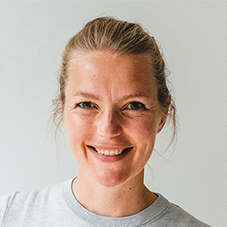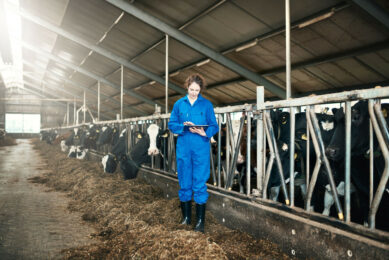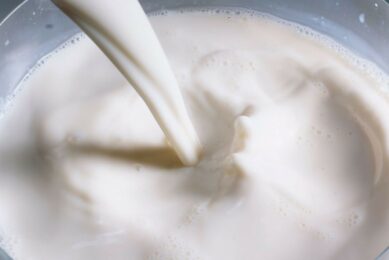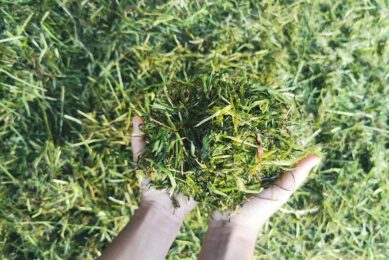Dairy and human diseases: is there a link?
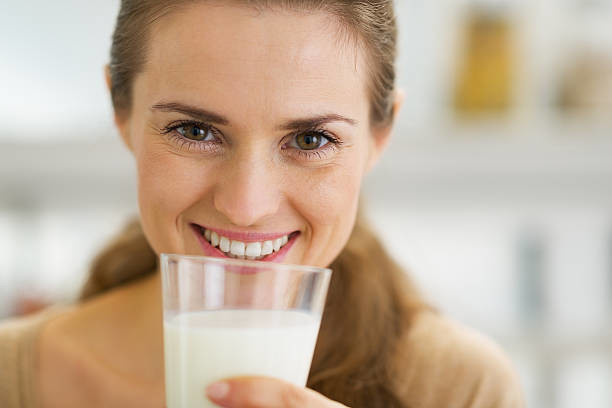
Cardiovascular health (heart health) is an important topic in humans and often nutritional advise is given by doctors to support heart health or to prevent problems. What do they say about dairy products?
In a recent paper in the Journal of the American College of Cardiology, researchers from the American College of Cardiology Nutrition & Lifestyle Workgroup of the Prevention of Cardiovascular Disease Council discuss nutritional “hypes” and controversies around a group of products. These include dairy products, added sugar, legumes, coffee and tea, alcohol, energy drinks, mushrooms, fermented foods, Omega-3s and vitamin B12.

Mixed results from studies
But what about dairy? The review paper writes that the evidence base addressing the health consequences of dairy products on Cardiovascular Disease (CVD), as well as other chronic diseases associated with increased cardiovascular (CV) risk, including obesity and diabetes (DM), is challenging to interpret. The type of dairy products tested and experimental design and methodology of the studies differ greatly. This is why it is also tricky to do a meta-analyses of all the studies available. The 2013 American Heart Association/American College of Cardiology guideline on lifestyle management and the 2015 to 2020 Dietary Guidelines for Americans currently suggest that a healthy diet could include some amount of fat-free and low-fat dairy products. At the same time, observational studies of dairy consumption and CVD and stroke risk have yielded mixed results and inconsistent associations.
Replacing dairy fat with other fat types
Another study looked at replacing 5% of the energy intake from dairy fat with polyunsaturated fatty acid or vegetable fat. This resulted in a 24% and 10% lower risk of CVD, respectively. Replacing 5% of energy intake from other animal fat for dairy fat was associated with a 6% increase in CVD risk. Also several recent studies have been done to show possible association of dairy intake with risk of bone fractures, breast cancer, ovarian cancer, prostate cancer, and all-cause mortality. However, there is evidence refuting these studies for hip fractures, breast cancer and ovarian cancer, and all-cause mortality. The observed discrepancies could reflect the foods that were substituted for dairy products or the type of dairy product evaluated.
Effect of butter and cheese
Some investigators have attempted to separate out the possible effects of specific dairy products, such as butter or cheese, on risk of CVD, type 2 diabetes mellitus, and other outcomes. However, such associations have been hampered by the lack of intervention studies, confounders in observational data, and challenges in extracting components of overall diets. For example, in a study with nearly 121,000 participants, consumption of cheese, whole milk, and skim milk were not associated with weight change.
Magnitude effects is unclear
The clinical trial studies, mentioned in this review paper, have evaluated different dairy products and dietary patterns that contained dairy products on CVD risk factors. The authors conclude that it appears that there is no clear consensus in the published data or among experts on the effects of dairy products on CVD, although there seems to be a link between some dairy products and increases in LDL-C concentration, fractures, and overall mortality, in addition to lowering of blood pressure, but the magnitude of these effects is unclear.
Join 13,000+ subscribers
Subscribe to our newsletter to stay updated about all the need-to-know content in the dairy sector, two times a week.


